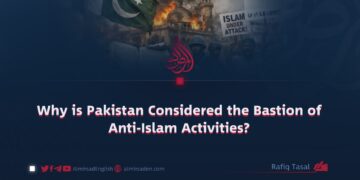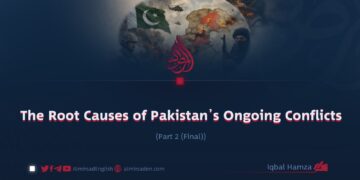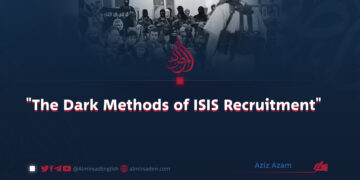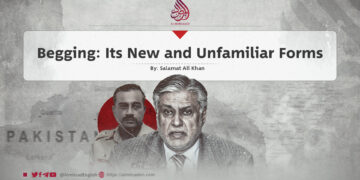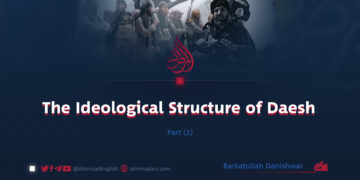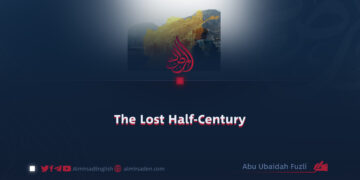Written by: Jamshid Ansari
The Soviet invasion of Afghanistan (1979–1989) stands as one of the most tragic and devastating events in modern world history. It not only reshaped Afghanistan but also had far-reaching effects on the political and strategic landscape of the region and the world.
The implications of this invasion must be thoroughly understood, not only by the Afghan people but also by neighboring nations. Lessons should be drawn from this experience to promote peace and stability in the future.
1. Brief Historical Background:
In 1979, the Soviet Union deployed its troops to Afghanistan under the pretext of controlling internal conflicts within the People’s Democratic Party and public opposition. Their main objective was to enhance their regional influence and leverage Afghanistan for strategic purposes. However, the aftermath of this occupation led to immense destruction, leaving Afghanistan in ruins.
2. The Sacred Jihadi Uprising of the Afghan People:
Drawing upon their Islamic, national, and cultural heritage, the Afghan populace initiated a holy war (jihad) against the Soviet intrusion. This jihad symbolized resistance and liberty, not only for Afghanistan but also for oppressed nations worldwide.
3. Jihad’s Objectives:
– Preservation of sovereignty
– Termination of Soviet colonization
– Pursuit of an Islamic governance system
4. Consequences:
The Afghan Mujahideen dealt a decisive blow to the Soviet Union’s formidable military, ultimately contributing to the collapse of the Soviet regime.
5. A Universal Lesson:
The historical episode of the Soviet invasion of Afghanistan underscores that Afghanistan cannot be subdued by any superpower. Any nation or entity attempting to weaken Afghanistan will meet a fate akin to that of the Soviet Union.
6. Role of Neighboring States:
Neighboring countries, particularly those sharing borders with Afghanistan, should heed the lessons from history and avoid hostile interventions in Afghan affairs.
Special attention must be given to Pakistan, as:
– The Pakistani military and some politicians have repeatedly tried to meddle in Afghanistan’s internal matters.
– Pakistan accuses Afghanistan as a cover for its own weak policies.
7. Recent Incident – Pakistani Military Atrocities:
On December 24 (marking the initiation of the Soviet invasion of Afghanistan), the Pakistani military unleashed brutal bombings on civilians in Barmal District of Paktika Province. This barbaric act resulted in:
– The martyrdom of 50 innocent refugees and Afghans, including 27 women and children.
– A violation of Islamic, moral, and international standards.
8. Afghanistan’s Resilience and Determination:
Throughout history, Afghans have faced such hostilities and atrocities but have never abandoned their national and Islamic values. They bravely defeated the Soviet Union’s invasion and will continue to thwart any conspiracies from current adversaries.
9. Concluding Message:
Hostile nations, particularly Pakistan, should heed the lessons from the Soviet Union’s fate. Afghanistan represents the heart of the islamic ummah, and hostility towards it constitutes enmity towards the entire Muslim community. Rather than conspiring against Afghanistan, these nations should strive for regional peace and stability, focusing on constructive developments for their own populations.
Afghans are unwavering in their pursuit of independence, honor, and an Islamic governance system, and no superpower can deter their determination.















